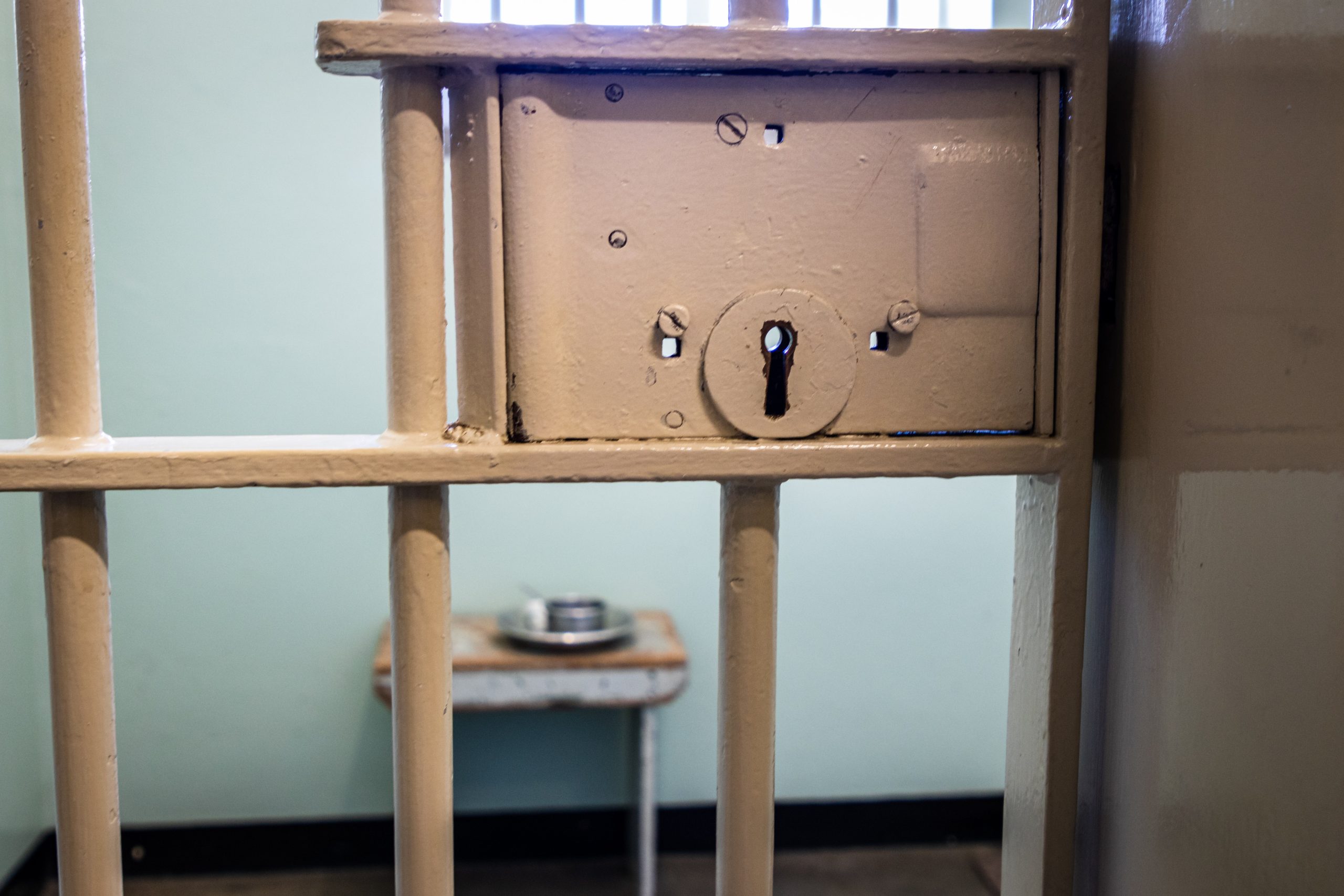
Vicky Arias, FISM News
[elfsight_social_share_buttons id=”1”]
U.S. District Judge Christopher Conner ordered two former judges to pay $206 million to victims and their families after they were convicted of a scheme to receive money in exchange for sending juveniles to detention centers.
Former Pennsylvania judges Mark Ciavarella and Michael Conahan were found guilty in 2011 of charges related to what came to be known as the “kids-for-cash” case. Ciavarella was sentenced to 28 years in prison, while Conahan received a 17-year sentence.
Ciavarella and Conahan “shut down a county-run juvenile detention center and accepted $2.8 million in illegal payments from the builder and co-owner of two for-profit lockups,” according to Associated Press reports.
Victims filed a civil suit following the judges’ convictions. The suit resulted in a $206 million judgment to be shared among nearly 300 victims.
In explaining his decision to award the money to victims, Judge Conner stated that “Ciavarella and Conahan abandoned their oath and breached the public trust. Their cruel and despicable actions victimized a vulnerable population of young people, many of whom were suffering from emotional issues and mental health concerns.”
According to CBS News, Ciavarella “ruled with breathtaking arrogance and an unfathomable disregard of due process.” Indeed, Ciavarella once sentenced a 16-year-old to 11 months in detention for failing to drive the right way down a one-way street.
Ciavarella had a “zero-tolerance” policy and often sentenced “children as young as 8 to detention, many of them first-time offenders deemed delinquent for petty theft, jaywalking, truancy, smoking on school grounds, and other minor infractions. The judge often ordered youths he had found delinquent to be immediately shackled, handcuffed, and taken away without giving them a chance to put up a defense or even say goodbye to their families,” as reported by the LA Times.
The Juvenile Law Center stated that “over 50 percent of the children who appeared before Ciavarella lacked legal representation [and] 60 percent of these children were removed from their homes.”
The debate over for-profit prisons versus government-run prisons has gone on for years. Proponents say that for-profit prisons save the government money, while opponents claim that for-profit prisons are rife with scandal.
For-profit prisons are privately-owned companies that house prisoners in their facilities and receive financial payment from the government in exchange for their services. Proponents of private prisons claim they reduce prison overcrowding, which could lead to safer conditions. These facilities also advertise that they offer “programs that focus on inmate reentry into society and deal with drug and other abuses [that] can lower recidivism rates, which in turn can lower prison populations and lessen overcrowding and related dangers. As prisoner populations lower, so too will the dangers correlated with overcrowding.”
Brittanica’s Pro-Con.org contradicts the claims of safer private prisons, however. It states that “privately-run facilities had more … uses of force by correctional officers, more assaults, both by inmates on other inmates and by inmates on correctional officers, [and] more complaints about medical care, staff, food, and conditions of confinement.” The report further explains that these “private companies can charge inflated prices for basic necessities such as soap and underwear,” a move which increases their profit margin.
Private prisons are paid by the government on a per-prisoner basis. Therefore, the system incentivizes private prison owners to seek more prisoners to fill empty beds, leading to schemes like the one Ciavarella and Conahan ran in Pennsylvania.
Adrian Moore, PhD and vice president of policy at the Reason Foundation said, “Private prisons are a tool, and like all tools, you can use them well or use them poorly.”
